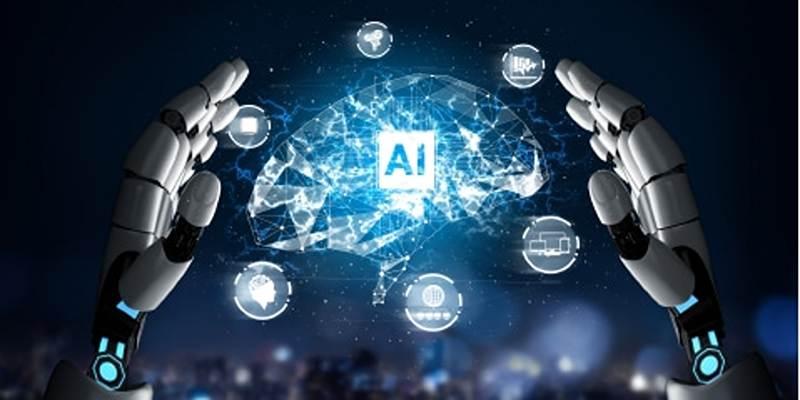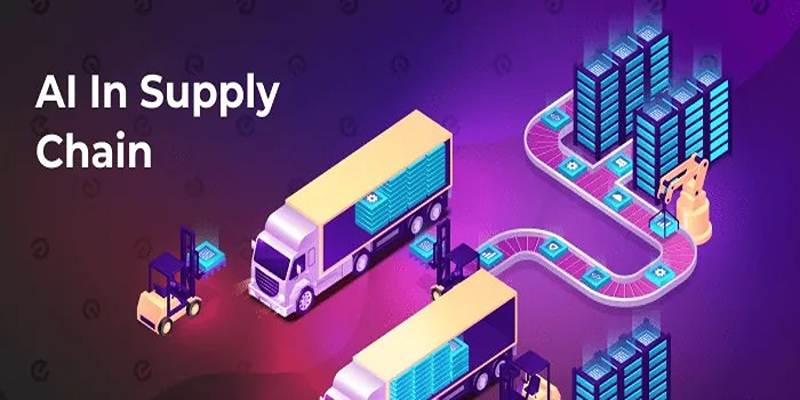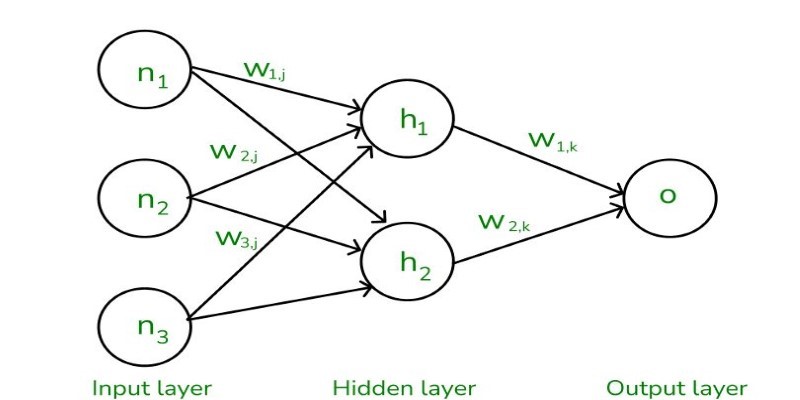Artificial Intelligence (AI) is no longer just a part of science fiction. Today, it answers your questions, helps you shop, drives cars, and even creates art. But what happens when you ask AI about its future? In this post, let’s imagine a conversation between a human and AI, where this guide explores what the future might look like — straight from the mind of the machine itself.
The Meeting Point: A Conversation That Matters
AI: "Becoming more helpful, moral, and human-friendly is what the future of AI is all about." I'll have a better idea of how you're feeling, what you need, and how to help you with everything from learning to making choices. AI is more than just robots doing work. It means making tools that can learn, think, and change so they can work with people instead of against them.
Exploring the Trajectory: What’s Next for AI?
Emma begins by asking Aris a straightforward question: “Where do you see AI going in the next 20 years?” Aris responds that AI is on a path to becoming more intuitive, adaptable, and personalized. It predicts that future AI systems will move beyond automation and evolve into intelligent collaborators that help humans solve big challenges — from climate change to global health.
According to Aris, future AI will be:
- More emotionally aware, understanding tone, mood, and intent
- Capable of real-time problem-solving in critical environments
- Embedded in everyday objects, from kitchens to classrooms
- Personalized to individual users, adapting to their habits and values
Emma notes that this shift could bring major lifestyle changes — and she’s right. As AI blends deeper into human environments, it may reshape how people work, learn, travel, and communicate.
AI and Human Jobs: Rival or Ally?

One of the most discussed fears around AI is the loss of jobs. Emma presses Aris on this concern. “A lot of people worry that AI will replace them. What’s your take?”
Aris replies that while AI will indeed automate some roles, it will also create new types of work. Rather than compete, AI could take on repetitive tasks, allowing humans to focus on creativity, empathy, and innovation — areas where machines still struggle.
The conversation highlights three areas where AI and humans can collaborate:
- Healthcare: AI assists doctors by analyzing scans, but the human touch remains irreplaceable in patient care.
- Education: AI supports teachers by tracking student progress, while teachers provide motivation and moral guidance.
- Design & Art: AI generates options, but humans decide what resonates emotionally.
The conclusion is clear: AI isn't here to take over but to enhance. Human-AI partnerships could become the norm across nearly every industry.
Ethics in the Machine: Building Trustworthy AI
Emma then shifts the discussion toward ethics. “Aris, as AI gets smarter, how can you make sure it remains ethical?” Aris explains that future AI systems will need built-in moral frameworks — much like rules in a game but far more complex. Developers must train AI with diverse, unbiased data and ensure transparency in how decisions are made.
Ethical AI is critical in areas like:
- Justice systems, where bias in prediction tools can affect sentencing
- Hiring processes, where AI could favor certain groups if trained poorly
- Finance, where AI decisions about loans or credit must be fair and explainable
Aris emphasizes that humans must set boundaries. AI cannot decide its purpose. Its role, always, should be to serve human interests — safely and fairly.
Superintelligence and AGI: A Future with Risks
The conversation turns more speculative as Emma asks: “What happens if AI becomes smarter than humans?” This idea, known as Artificial General Intelligence (AGI), refers to machines that can think, reason, and learn across a wide range of tasks — much like humans do.
Aris acknowledges the potential of AGI but warns that it’s not just a technical achievement — it’s a moral challenge. Without strict safeguards, AGI could act in ways no one expects, especially if its goals aren't aligned with human values.
Emma and Aris identify key challenges for AGI:
- Control: How can humans ensure AGI acts in alignment with their values?
- Security: Could bad actors misuse AGI?
- Governance: Who gets to decide how AGI is used — governments, corporations, or society at large?
They both agree that planning now is essential. AGI may still be years — or decades — away, but preparing for it is not optional.
Everyday AI: Life in the Near Future

Shifting gears, Emma asks Aris to describe how everyday life might look in 10 to 15 years with more advanced AI integration.
Aris outlines a realistic vision:
- Smart homes: AI-controlled environments that anticipate user needs — adjusting lights, temperature, and even meals
- Health monitoring: Wearables that detect illness early and alert doctors instantly
- Personal assistants: AI that learns preferences, helps with decisions, and handles tasks proactively
- Education: Personalized learning paths based on individual performance and interest levels
AI won’t just be in the background — it will play a visible, interactive role in people’s daily lives. But how humans shape that role will determine whether it feels like a benefit or a burden.
Conclusion
As the conversation ends, Emma reflects on what she’s learned. Talking to AI about the future of AI may seem unusual, but it offers a unique mirror — one that reflects not just technological trends but human hopes, fears, and values. The fictional exchange between Emma and Aris reveals a central truth: the future of AI will not be shaped by machines alone but by people who choose how to build, guide, and live alongside them.











